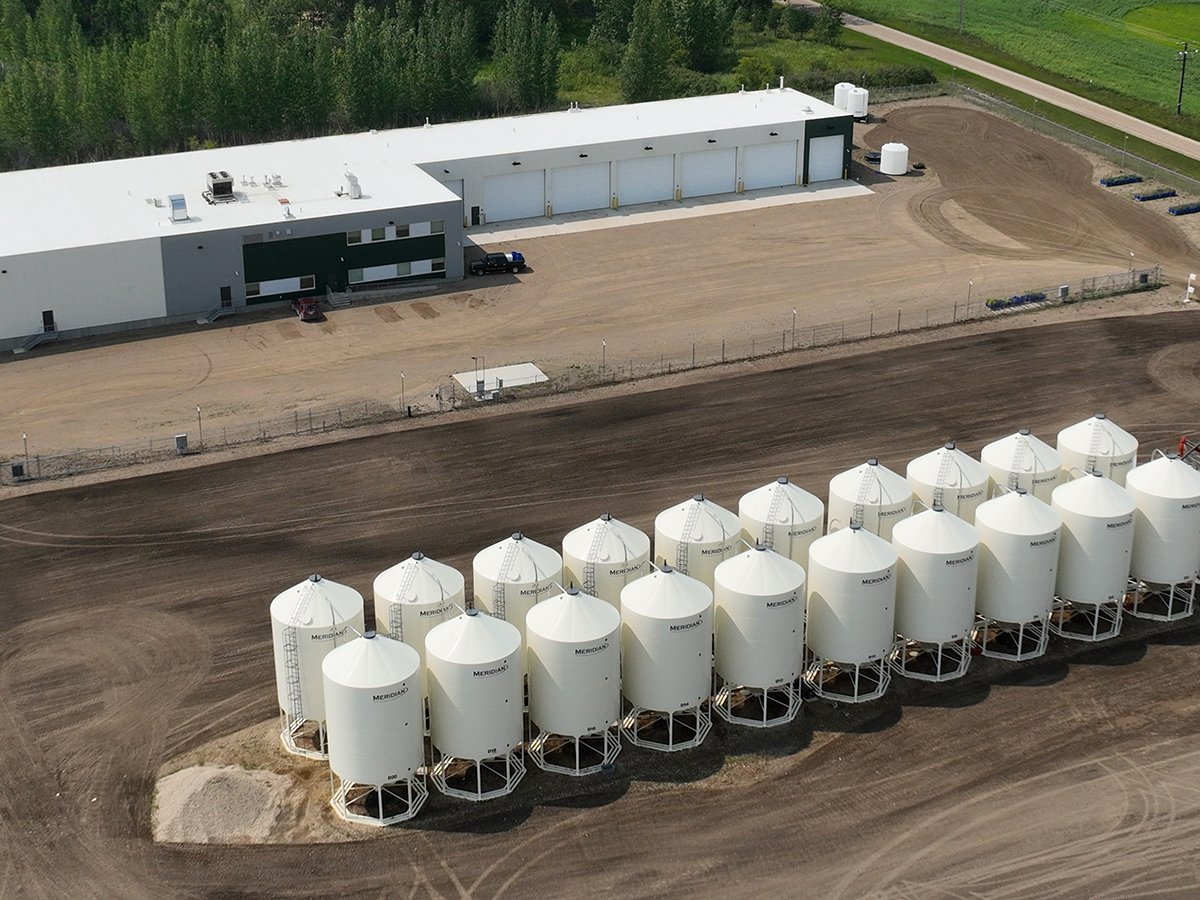No load of hogs will ever travel from James Hofer’s Hutterite colony to Europe.
Nor will he likely know if meat from his pigs ends up on European dinner plates.
However, he’s sure the Canada-European Union free trade deal will bring more money to his Manitoba colony’s hog operation.
“With the percentage of pork that we need to export, any trade deal that we can negotiate will ultimately benefit the grassroots farmer because the demand for the product is there and we’ll continue to grow it if the demand is there,” said Hofer.
Read Also

Saskatchewan firm aims to fix soil with compost pellets
In his business, Humaterra, Leon Pratchler is helping farmers maximize yields in the weakest areas of their fields through the use of a compost pellet.
Other stories in this Special Report:
- ‘600 million opportunity’ awaits cattle sector
- Bison seen as biggest benefactor
- Doors may open but welcome mat takes time
- Dairy sector leery of EU trade
- Will EU trade reap benefits for all?
- Niche growers hope CETA will resolve GM issues
- CETA not silver bullet for European trade
- Ports eager to play role as markets open
- Navigating the trade waters
- Port official follows motto: if you do it, do it right
- Exporters must understand unique issues of EU buyers
It’s a common mood in Canadian hog barns. The deal with Europe will create another outlet for a product that Canada produces to world standards but often has trouble getting into overseas markets.
Almost no Canadian pork now goes to Europe. Small allowances for special types of Canadian pork exist in trade agreements, but few exporters attempt to reach the European market.
Extremely small tariff-free quotas for Canadian pork means most processors aren’t willing to set up the segregated systems that Europe requires.
The Comprehensive Economic and Trade Agreement creates a tariff-free quota for 80,000 tonnes of Canadian pork, as long as it does not contain common North American feed additives and banned packing processes.
That’s a big increase from the few thousands tonnes now allowed, and the industry hopes it might tempt small processors to go through the European certification process and solicit EU-friendly meat from compliant hog farms.
Ron Davidson of the Canadian Meat Council said CETA could lead to $400 million in pork exports.
However, whether Europe ever moves from providing apparent market access to representing real access depends on how CETA is implemented.
Davidson said the regulations around technical matters will be key, as will the attitude of European regulators in applying the regulations.
Canadian Pork Council president Rick Bergmann said gaining official access to Europe is important, regardless of whether people expect Europeans to be fair or reasonable in implementing the access.
“In order to catch fish, you have to put your hook on the line,” said Bergman.
“Our hook is on the line.”
He also said every extra tonne sold outside of Canada helps increase the value of Canadian pork, which will be felt all the way back to the farmgate price for pigs.
“None of us are on an island. We’re all in this together,” said Bergman.
“If we’re able to help our exporters and processors enter new markets, valuable markets, it’s not that we would like a piece of the pie — we need a piece of the pie.”
Hofer doesn’t need to be convinced CETA will help him and his colony.
“Any trade deal that we can negotiate with different companies will absolutely help our position in moving our product and marketing it.”















